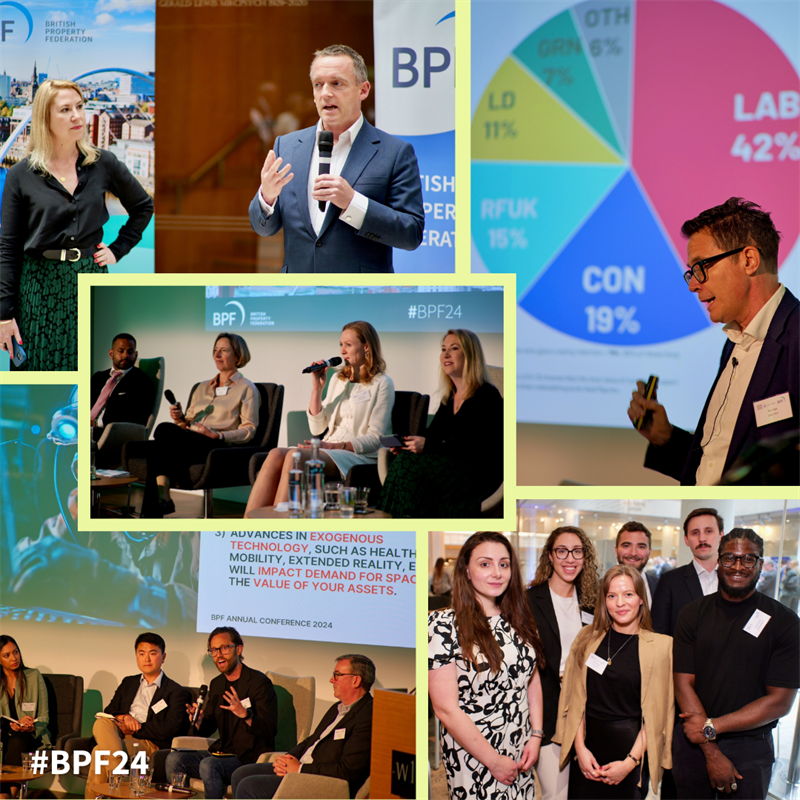I entered the BPF Futures Keynote Speaker competition seeking the opportunity to present the keynote speech at their annual conference in July. For the competition, applicants were asked to submit a 1–2-minute elevator pitch discussing what they believe should be the number one priority for the real estate industry.
Over 55% of people say they support more homes in their local area. Yet despite this, the popular sentiment tends to be against new development when it is eventually proposed and being delivered. There is a silent majority of people supportive of new homes who are overlooked by the planning system and misrepresented by the media.
As new development continues to be a generally divisive topic, I believe getting people supportive of change could unlock the potential to make significant progress in the delivery and creation of sustainable places. I therefore focussed my entry on how the industry could address this negative perception of development through community engagement, which brings communities together to collaboratively focus on positive solutions.
This can be achieved through the following:
- Education; Increasing knowledge and awareness into areas such as the planning system allows people to connect to the cause, find their ‘why’, and develop an understanding of the long-term benefits of development.
- Bringing community engagement to the 21st century; At JTP, we have pioneered hands-on community planning in the work we do, but understand that times and people have evolved. Simply having exhibition boards in a community hall alone is not enough to collate and hear the voices of all ages, cultures and lifestyles in a community.
- Cultivating behaviour change; As we move towards the ambition for more sustainable and inclusive places, there is the need to take people on journey of change; from good habits to routines into societal norms.
I chose to focus my entry on this topic because of its simplicity and accessible actions for positive change. I envisioned the panel and – following that – future audiences to be inspired and seek out opportunities where these small moves can contribute in a major way to a positive, supportive response from local people towards new places.
These ideas struck a chord with the judging panel and my entry was chosen as a Highly Commended runner up and I subsequently received a complementary ticket to attend the conference.
The conference was a really insightful and engaging experience with some interesting discussion panels and fruitful conversations with the individuals involved. This year’s theme was ‘Building our Future’, looking at how the UK moves towards pro-growth in the changing political and global investment context.
I found the two discussions on ‘Building the Future Talent’ and ‘Technology and Innovation’ the most prevalent and stimulating. The talks demonstrated a breadth of views and specialisms on the topics, and outlined what the future holds for the next generation in the industry.
The key learnings for practitioners in the industry:
– ‘Learn how to learn’ – a two-fold approach encouraging us to listen more and continually seek out new knowledge.
– Looking at long-term strategies of innovation and use of technology in our projects and processes, where we should be advocating for strategy over hype.
– Using technology to enhance the physical experience of places, by blending digital and physical.
Alongside the great insights of the conference, it was also great to see organisations and events focusing on the ‘building’ part of ‘Building Our Future’ and what lies ahead. The ‘future’ is often used as an aspiration to drive progress, however with the ever-changing context we work in, less emphasis should be placed on preparing for the future and more emphasis on preparing for change. Having pragmatic conversations focussed on the journey, not just the end result cultivates and champions resilience. Regardless of your role, resilience will be the key for success in building the future ahead.
